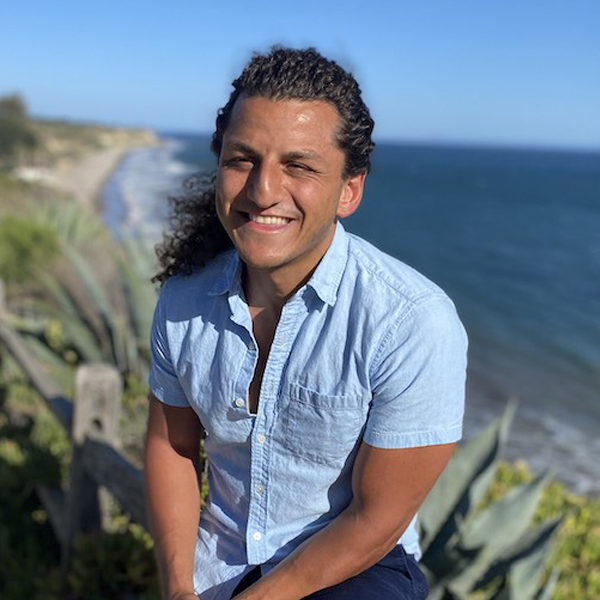Anchor Ebanks is the Role Model He Never Had.
Anchor Ebanks is going to Wharton later this year with a full-tuition fellowship; he was also offered admits at Stanford and Harvard. The real story though, lies in the incredible odds that Anchor has overcome to get where he is today.
Anchor and his three siblings were raised by a single-mum after their parents divorced and their immigrant father returned to his country. While Anchor’s mother worked long hours as a nurse, his elder siblings dropped out of school and fell prey to drug addiction, crime, underage pregnancy and wound up going to prison.

Learning the lessons his siblings unknowingly provided, Anchor chose a different path, stayed in school and went on to get a Bachelor’s in Business Administration from McCombs in Austin.
His favourite activity at college was working at the non-profit he founded, which paired University of Texas students with local, minority-run small businesses that needed professional consulting. Today, Consult Your Community has provided over 15,000 hours of pro-bono consulting, driving impact and giving back to the community that UT is part of. Anchor had found his calling; empowering others to reach their true potential.
When Anchor got nieces and nephews, he stepped into the role he was made for; a strong, successful adult role model that mentored and inspired those growing up around him.
After college Anchor joined Deloitte as an analyst but continued to be part of CYC. When he moved to Google a couple of years later, he saw that at both organisations, he was often the only non-white/minority in the room. Anchor’s experiences led him to realise that in order for companies to actually prioritise diversity and be representative of minorities they need to be founded and headed by diverse, inclusive groups of people.
Anchor’s long-term goal is to create a venture capital firm that focuses on minorities, women and other under-represented groups in VC funding; thus creating a new generation of entrepreneurs and companies that value inclusion and diversity as part of their core principles.
“That’s how I want to position myself… to empower others to be the best version of themselves”
To better prepare himself for the next step in his career and his new role in life, Anchor decided to arm himself with an MBA. He started looking for consultants on Poets & Quants but was dismissed by many as a nonviable candidate. Anchor says he was struck by Rajdeep’s candour and the depth of constructive criticism he provided on their very first call.
“I truly cannot say enough wonderful words about Rajdeep.”
He says Rajdeep’s biggest contribution was his helping him define his goals. They debated whether he should focus on impact investing or CSR. While Anchor leaned heavily towards broader CSR, he says Rajdeep compelled him to consider choosing impact investing because it was better aligned with his career experience and could create greater long-term impact. Anchor says coming around to Rajdeep’s point-of-view was one of the best decisions he made. Not only did the decision strengthen his resume and essays, their conversations helped him better understand the merits of impact investing and made him choose it as his path post-MBA.
Together, they went through over ten revisions of his essays before submissions, and Anchor received admit offers from Stanford, Wharton and Harvard. Despite living and working in Silicon Valley, Anchor chose to go to Harvard as it would expand his horizons and give him more flexibility post-MBA.
Anchor says that the absolute best part about applying to business school is the deep level of reflection that one has to go through to actually be able to write something that you believe in and something that is true.
“With all this reflection, I have a very clear vision and path on where I want to go.”
Wherever he goes though, odds are Anchor will continue to be an incredible role model who both inspires and empowers everyone around him.